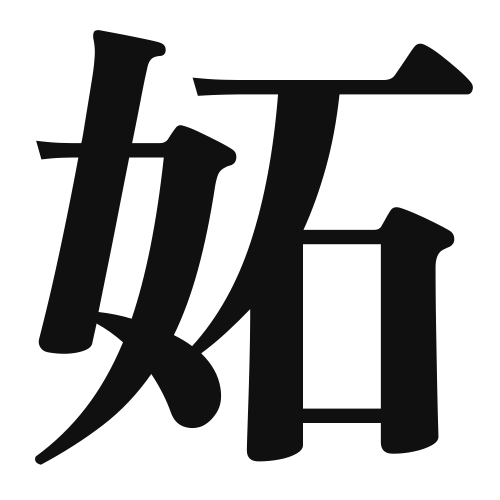1. Overview of Meaning
The kanji “妬” (pronounced “to”) means “jealousy” or “envy.” It represents the feeling of resentment towards someone else’s success or possessions.
2. Formation and Radical
Formation of the Kanji: The kanji “妬” is a compound character (会意文字) that combines elements to convey its meaning. It consists of the radical for “woman” (女) and the character for “to burn” (焼), symbolizing the emotional turmoil associated with jealousy.
Radical: The radical of “妬” is 女 (woman), indicating that the character is related to emotions or feelings, often associated with women in historical contexts.
3. Examples of Usage
Common Words and Phrases: Some common phrases that include “妬” are “妬み” (to envy) and “妬ける” (to be jealous).
Example Sentences in Daily Conversation:
- 彼女は友達の成功を妬んでいる。 (She is jealous of her friend’s success.)
- 妬みは人間関係を悪化させることがある。 (Jealousy can sometimes worsen human relationships.)
4. Synonyms and Antonyms
Similar Kanji: A similar kanji is “嫉” (shitsu), which also means jealousy but often carries a stronger connotation of resentment. While “妬” can refer to general envy, “嫉” implies a more intense emotional reaction.
Opposite Kanji: The opposite of “妬” is “賞” (shou), which means “to praise” or “to admire,” representing positive feelings towards others’ achievements.
5. Cultural and Historical Background
Relation to Japanese Culture: In Japanese culture, jealousy is often viewed as a negative emotion that can lead to conflict. It is frequently depicted in literature and art, highlighting the complexities of human emotions.
Proverbs and Idioms: One common proverb is “妬みは心の毒” (Jealousy is poison to the heart), emphasizing the destructive nature of jealousy in relationships.
